One of the most iconic filmmakers of all time, Andrei Tarkovsky was known for his philosophical themes and lazily-paced long takes, among other memorable tropes. All through his career, the Russian auteur had experimented with several genres, ranging from sci-fi (Stalker, Solaris) to war drama (Ivan's Childhood).
His approach towards filmmaking lay heavy emphasis on 'sculpting in time' as Tarkovsky believed that a major motive of cinema is to alter the notions of time. With minimal cuts and long takes, his films succeeded at not looking like different shots arranged in one sequence. Rather, his narratives convey the idea of the passage of time in a seemingly realistic rhythm.
10 There Will Be No Leave Today (1959) - 6.5
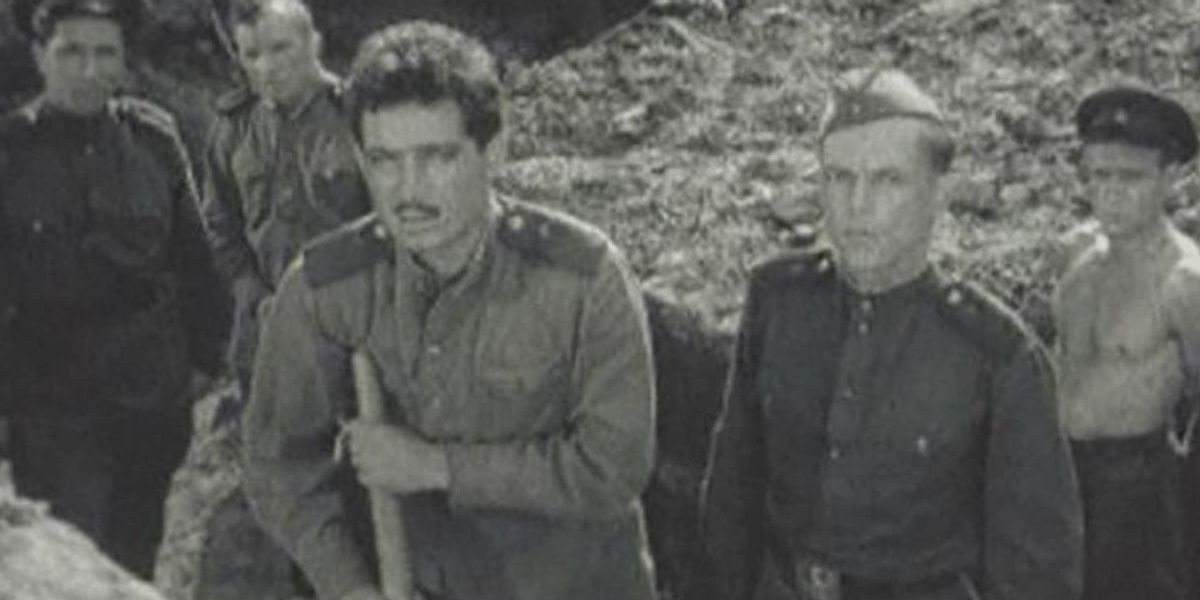
Back in the late 1950s, film students Aleksandr Gordon and Andrei Tarkovsky directed this 47-minute-long war drama that recounted an actual incident from Russian history. There Will Be No Leave Today is set in a small Russian town that faces the threat of unexploded bombs from the Second World War. Hence, an army unit is tasked with evacuating the town and safely detonating these bombs.
After being broadcast on Soviet TV in 1959, the student film was then recovered in the 1990s. It offers an early glimpse at Tarkovsky's budding talent at showcasing human emotions and building atmospheric tension.
9 Voyage In Time (1983) - 7.3
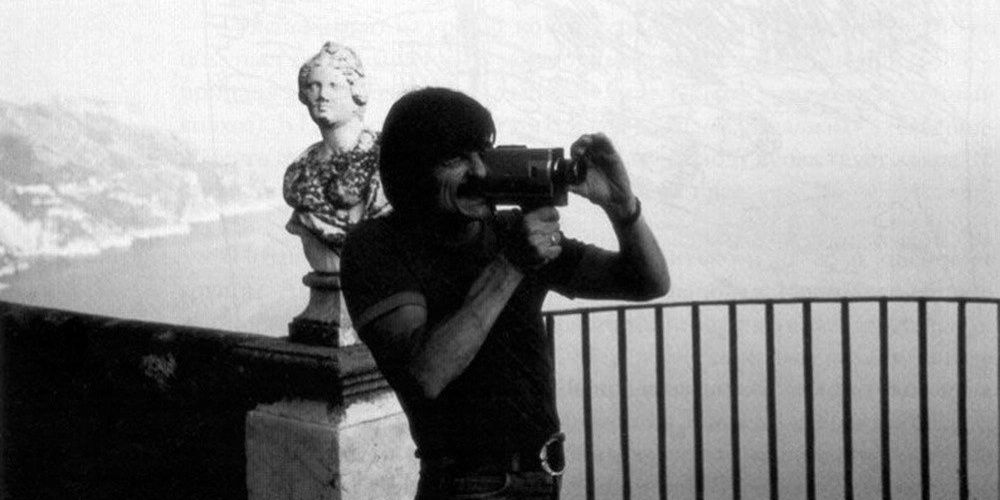
The only documentary directed by Tarkovsky, Voyage in Time focused on his travels in Italy with screenwriter/co-director Tonino Guerra as they prepared to shoot the former's drama feature Nostalghia.
Voyage In Time serves as an interesting peek into Tarkovsky's psyche as a filmmaker and as a person as he and Guerra delve into philosophical matters among their usual conversations on cinema. Further, the director also touches upon his other influences that include Federico Fellini, Jean Vigo, and several others.
8 The Steamroller And The Violin (1961) - 7.4
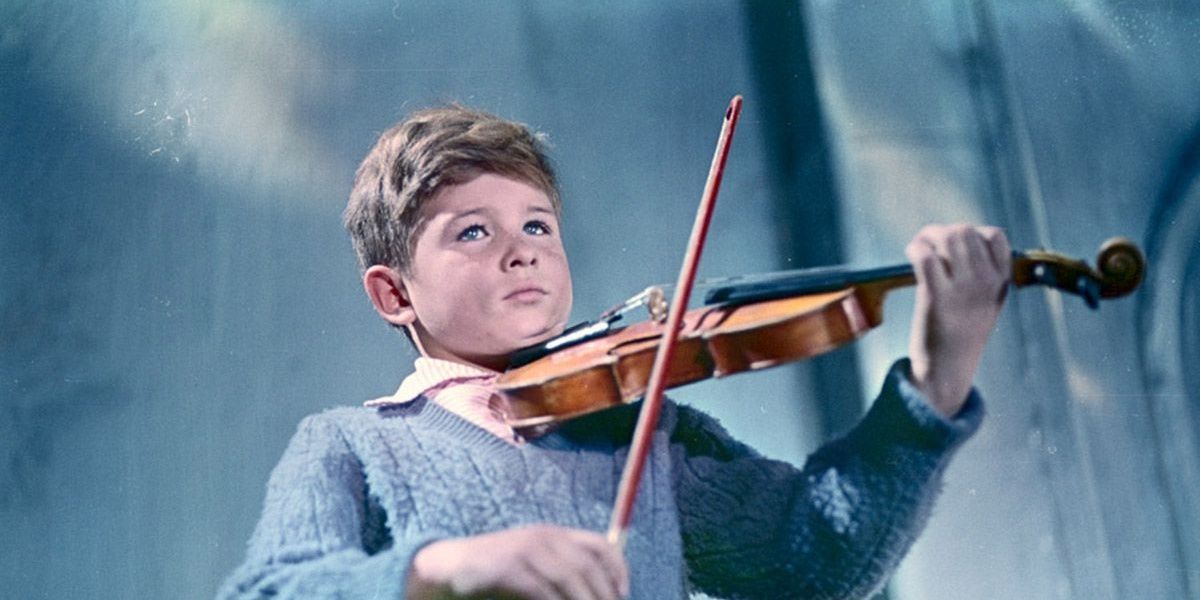
The Steamroller And The Violin was Tarkovsky's third diploma film during his student days at State Institute of Cinematography, Moscow. It happens to one of his most emotion-driven films as it explores the friendship between a young violinist (Igor Fomchenko) and an aging steamroller operator (Vladimir Zamansky).
Facing a general sense of isolation from society, both friends spend their evenings talking to each other about their day-to-day activities. While the boy usually plays his violin, the old man delves into his past telling his friend stories from the War.
7 Mirror (1975) - 8.1
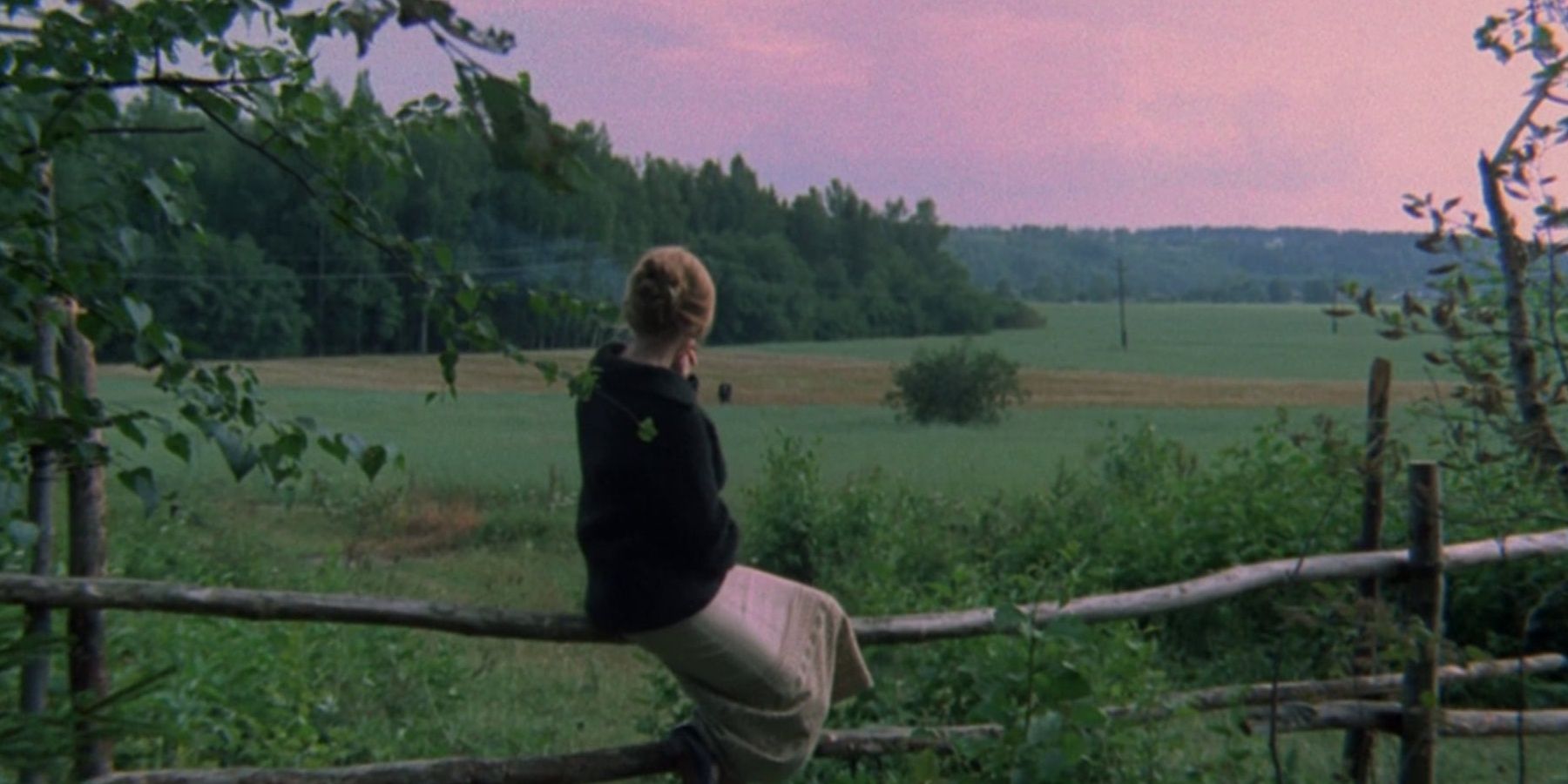
For some cinephiles, Mirror would possibly be Tarkovsky's most enigmatic film largely due to its free-flowing non-linear structure and a sense of storytelling that would resemble the 'stream of consciousness' style of writing (popularized by James Joyce and Virginia Woolf).
In its essence, the film recalls a dying poet's final days as he remembers his life and remnants of Soviet history and society. There's a lot to interpret in Mirror easily making it a film worth multiple viewings. While Tarkovsky authored the screenplay, the film heavily incorporates poems written and recited by his father Arseny Tarkovsky.
6 Solaris (1972) - 8.1
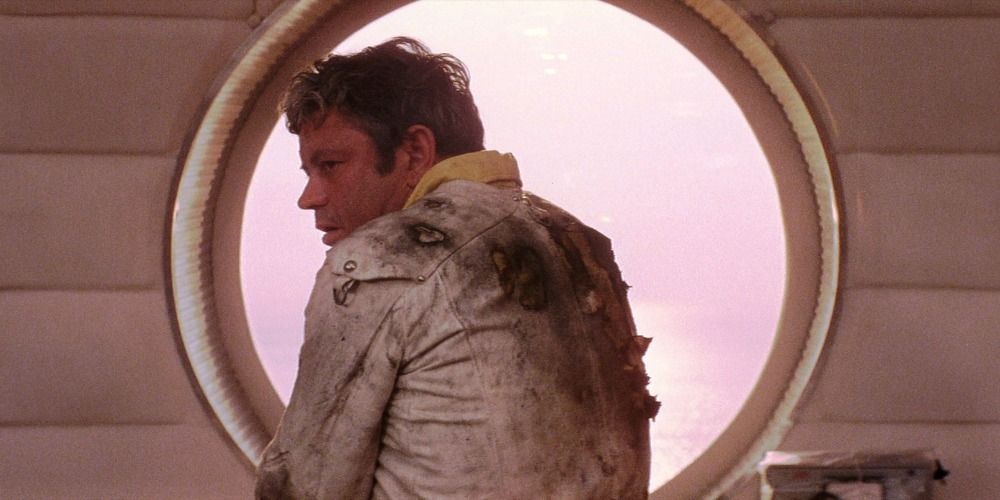
Solaris, along with classics like 2001: A Space Odyssey, can largely be credited in ushering in an age of introspective, thoughtful space sci-fi that focused on human themes rather than just a fascination for the extraterrestrial. Solaris revolves around a space station inhabited by a crew displaying bizarre emotional traits, that are further analyzed by psychologist Kris Kelvin (Donatas Banionis) when he arrives at the station.
Solaris won the Grand Prix at Cannes and established Tarkovsky as a visionary in sci-fi cinema. Many of his ideas would be further explored in Stalker.
5 Stalker (1979) - 8.1
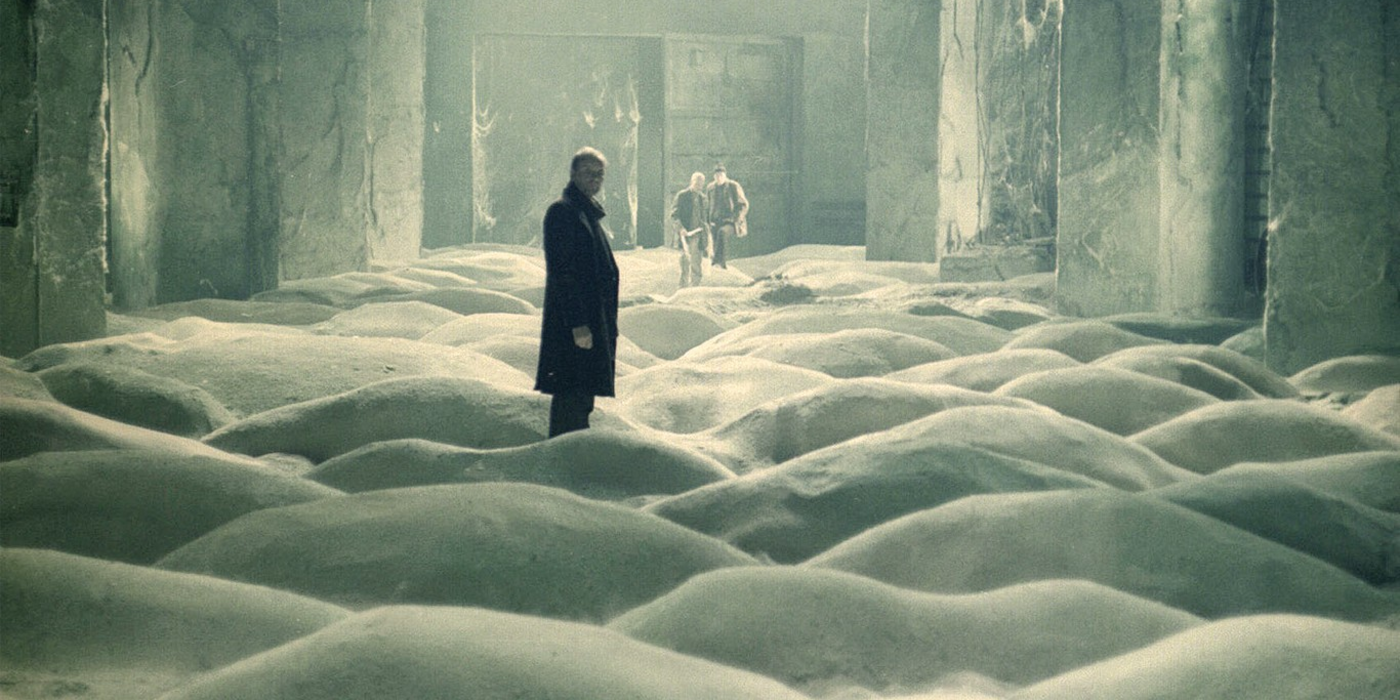
Just like Solaris, Stalker is a sci-fi tale rooted in philosophical questions. Even though it drew mixed reviews initially, it is yet again regarded as one of the finest sci-fi films today.
Alexander Kaidanovsky plays the ominous 'Stalker,' a man entrusted with transporting people to the 'Zone.' This so-called 'Zone' is a region where anyone's innermost desires can be fulfilled. Despite its thoughtful musings, the film also brims with a thriller-like aura that would keep audiences guessing about the actual nature of the grim, distant future of Stalker.
4 Andrei Rublev (1966) - 8.1

Even though Andrei Rublev is set in medieval Russia, its dominant theme of artistic freedom is very much relevant in present times. The titular personality (Anatoly Solonitsyn) is an iconographer who opposes an oppressive regime while pursuing his art. For its direct jabs at authoritarian states all over the world, Andrei Rublev either faced censorship or a total ban in its initial run.
Apart from serving as a fictionalized biopic of its protagonist, Tarkovsky's sophomore feature film was a bold case study of Russian society in the fifteenth century, an era characterized by religious power struggles and the eventual transition to Tsardom.
3 The Sacrifice (1986) - 8.1
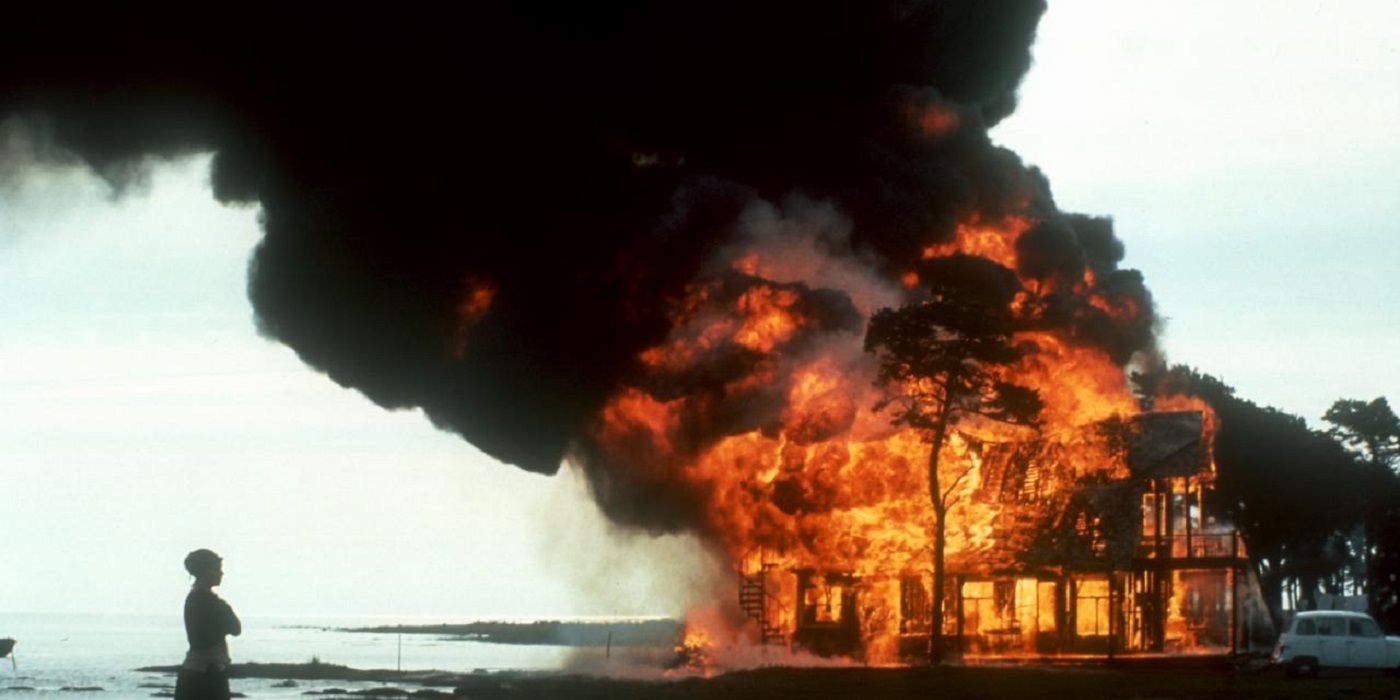
Offret aka The Sacrifice was Tarkovsky's final directorial effort before he succumbed to terminal lung cancer. The film can be described as magical realism at its finest as it centers around a heavily nuanced take on humanity and religion. In order to stop an impending nuclear holocaust, an intellectual attempts to negotiate with God, a deal that would require a 'sacrifice.'
Opening to rave reviews, the Swedish-language film earned Tarkovsky his second Grand Prix at Cannes along with a BAFTA for Best Film Not In The English Language.
2 Nostalghia (1982) - 8.1
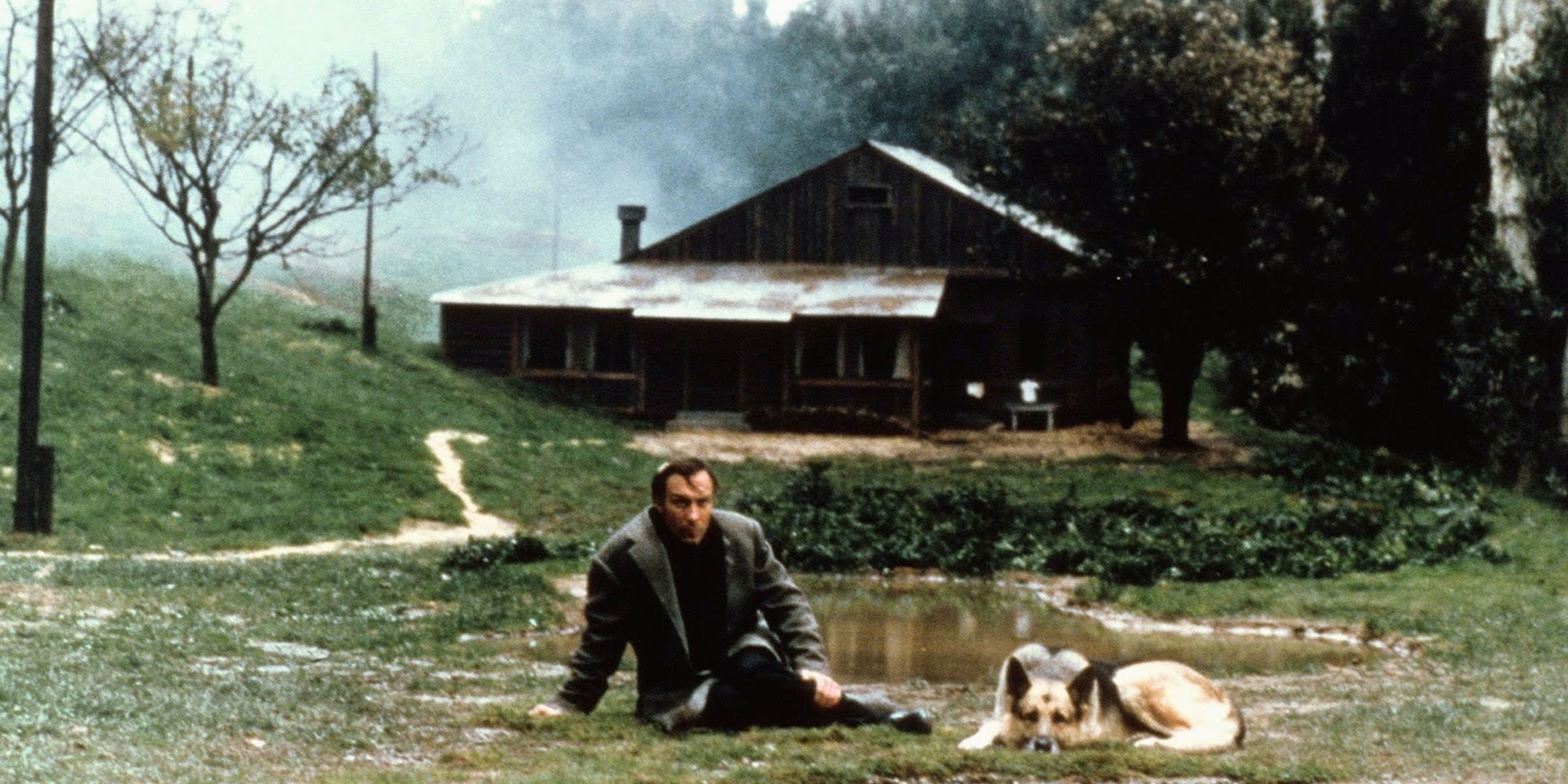
Nostalghia (alternatively released as Nostalgia) was Tarkovsky's first film shot outside the Soviet Union, incorporating some of his own notions of homesickness. It stars Oleg Yankovsky as a writer studying the life of a Russian composer who spent his final days in Italy. While exploring the Italian countryside, he himself goes through bouts of isolation and displacement.
The autobiographical nature in Nostalghia is clear to see with the narrative further adorned with memorable Tarkovsky elements like dream sequences and a hopeless protagonist.
1 Ivan's Childhood (1962) - 8.1
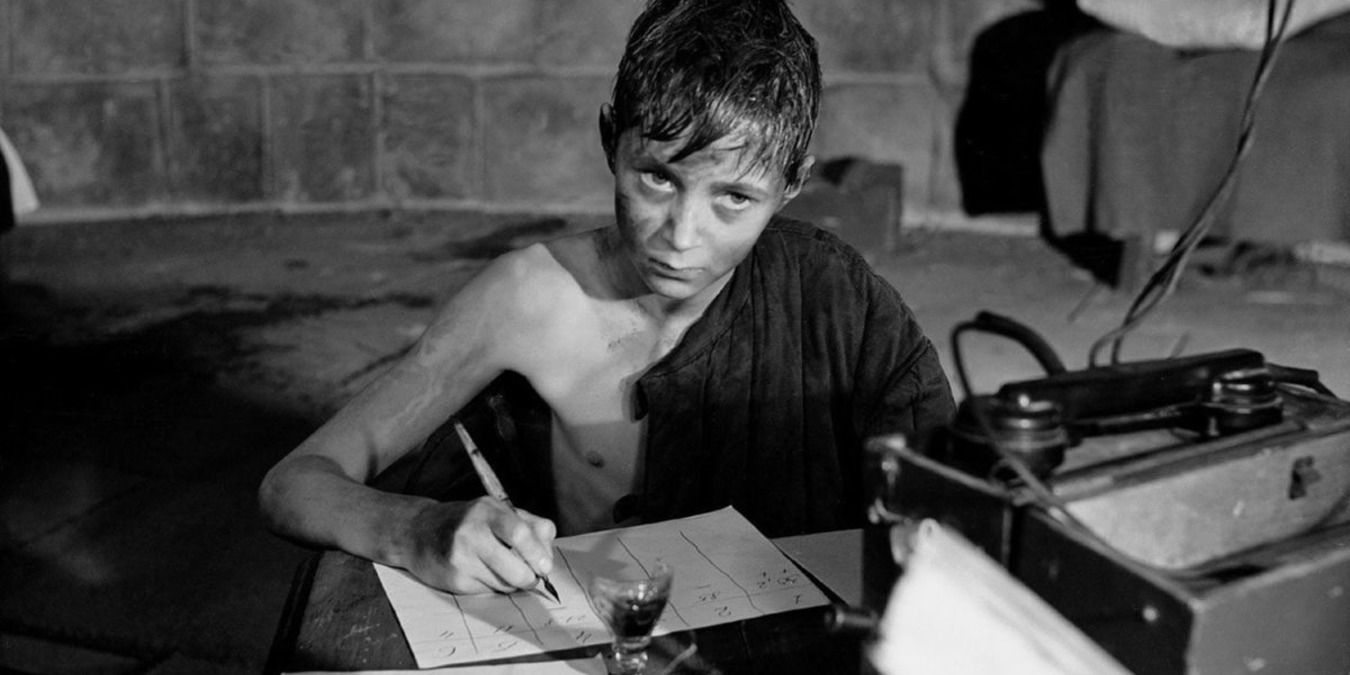
Barring his student films, Ivan's Childhood marked Andrei Tarkovsky's full-fledged directorial debut, going down in cinematic history as one of the best first films ever.
The movie endures as a brilliant example of expressing the human cost of war as it studies wartime trauma from the eyes of an orphaned boy Ivan (Nikolai Burlyayev). Losing his parents to German forces, Ivan struggles to survive as the Second World War rages on affecting both sides of the conflict. A hard-hitting feature, it boldly proclaimed its director's anti-war sentiments.
from ScreenRant - Feed https://ift.tt/3fSdXNo





No comments: